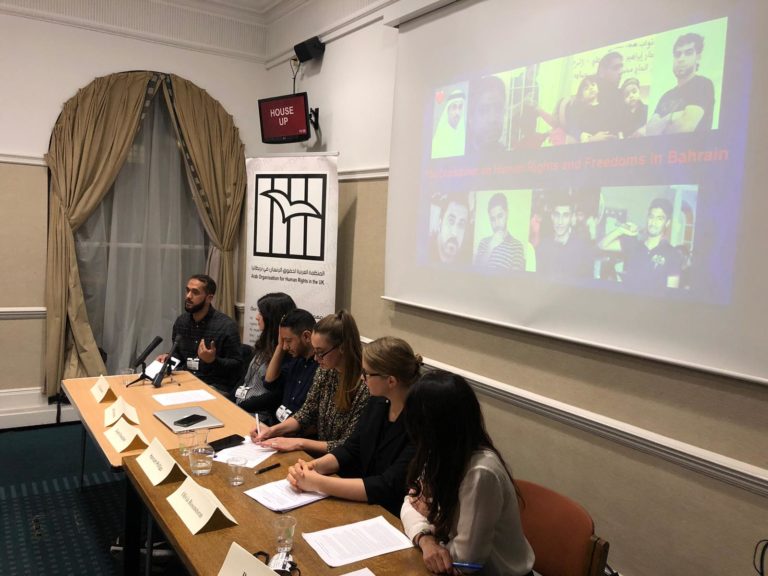
Parliamentary Event – The Crackdown on Human Rights in Bahrain
18 October – Yesterday, the Bahrain Institute for Rights and Democracy (BIRD) and the Arab Organisation for Human Rights in the UK (AOHR) co-hosted an
In the years since the ‘Arab Spring’ uprising, which began on 14 February 2011, the stripping of citizenship has emerged as one of the most disturbing methods used to silence dissent. The first exercise of this power was in November 2012, when the Minister of Interior revoked the nationality of 31 opposition activists, ex-MPs and members of civil society. Many of them were rendered stateless, and in 2014 ten of them were ordered for deportation.
Since then, the Minister of Interior’s powers have been formalised and the criminal courts have also been empowered to strip citizenship, under July 2014 amendments to the 1963 Citizenship Law. Persons can be stripped of citizenship for being security threats and if found “guilty” on terrorism charges. Bahrain’s unfair trial system, which relies heavily on confessions, lends itself to torture, the practice of which remains systematic.
As of February 2016, 260 persons have had their citizenship stripped. 208 of them lost their citizenship in 2015 alone. The majority of them will have been rendered stateless. Those made stateless can no longer renew their national ID cards. They cannot be legally employed, or registered in hospitals. They cannot renew their banking information and may be at risk of losing government-provided housing. Ten of the Bahrainis stripped of citizenship in 2012 were found guilty of illegal residency in 2014 and ordered to leave the country.
In 2014, the criminal courts exercised their new powers a few times, but it was in 2015 that the punishment became a common occurrence. The first and fourth criminal courts revoked the nationalities of 134 defendants in ten criminal cases. The largest such case, on 11 June 2015, saw 56 persons stripped of citizenship. November 2015 witnessed the heaviest court activity, with four separate case in which 31 persons were stripped of citizenship. Five persons stripped of citizenship were also sentenced to death.
In January 2015, the Minister of Interior exercised his powers again and revoked the nationality of 72 people. This remains the single largest act of its kind to date. Approximately 50 of those stripped of citizenship were from Bahrain’s civil society, many of them exiles, and included human rights activists, journalists, political activists and religious figures. Sending a deeply troubling message, the remainder, approximately 20 individuals, are known or suspected members of Al Qaeda and the Islamic State in Iraq and Syria. To the Government of Bahrain, peaceful civil society is equated to terrorism.

18 October – Yesterday, the Bahrain Institute for Rights and Democracy (BIRD) and the Arab Organisation for Human Rights in the UK (AOHR) co-hosted an
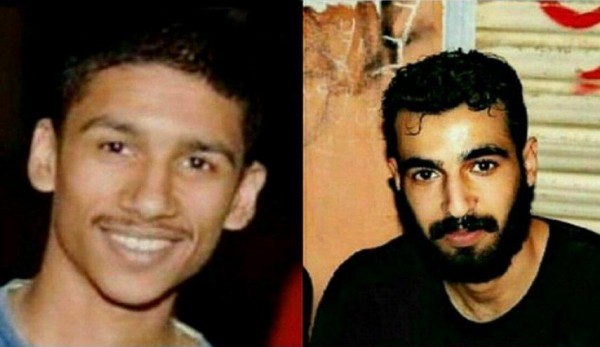
21 May 2019 – Today, five UN experts appealed to Bahrain to halt the execution of two men, Ali Al-Arab and Ahmed Al-Malali, amid “serious

16 April 2019 – Today, Bahrain’s Fourth High Criminal Court handed prison sentences ranging from three years to life imprisonment to 139 Bahraini nationals, of
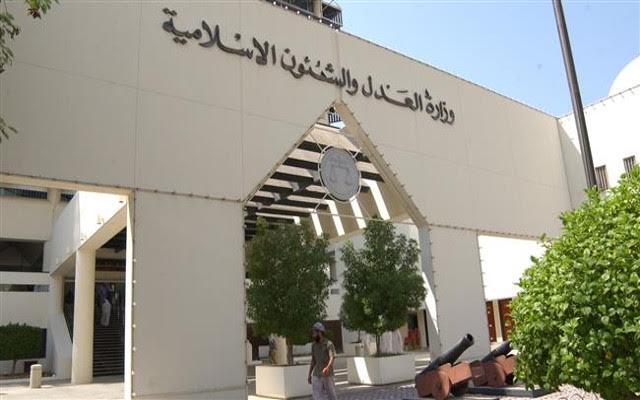
20 February 2019 – Yesterday, Bahrain’s Fourth High Criminal Court issued prison sentences against 39 defendants and stripped 25 of those individuals of their citizenship

7 February 2019 – Bahrain’s Fourth High Criminal Court issued prison sentences against 11 individuals, including female political activist Zakeya AlBarboori, and stripped them of
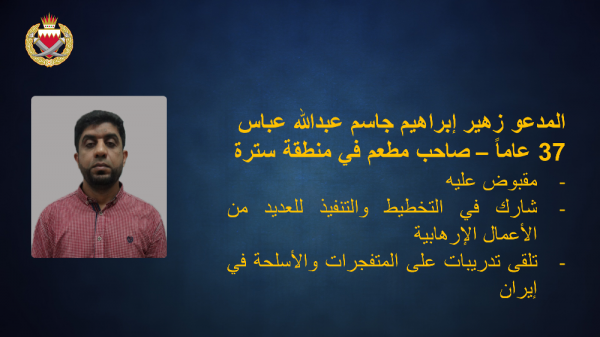
29 November 2018 – Today, Bahrain’s Fourth High Criminal Court sentenced two individuals to death on alleged terrorism-related charges, and sentenced three others to between

12 November 2018 – Today, Bahrain’s Fourth High Criminal Court sentenced four individuals to death on charges related to terrorism, three of them being tried

15 October 2018 – The Fourth High Criminal Court handed prison sentences to seven Bahraini nationals and revoked the citizenship of six over terrorism charges
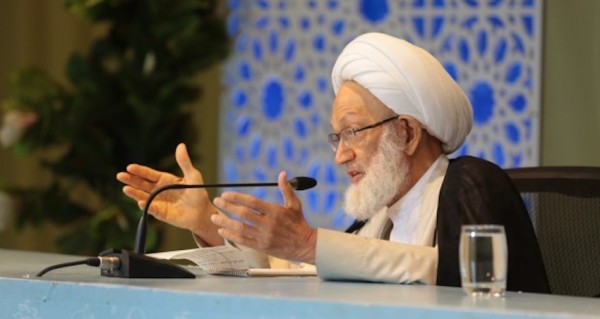
9 July 2018 – Today, Bahrain’s most prominent Shia cleric, Ayatollah Sheikh Isa Qassim, arrived in London to receive medical treatment. He landed at 3:31pm at

21 May 2018 – Today, Bahrain’s Fourth High Criminal Court handed prison sentences to 10 Bahraini nationals and revoked 9 of them of their citizenship